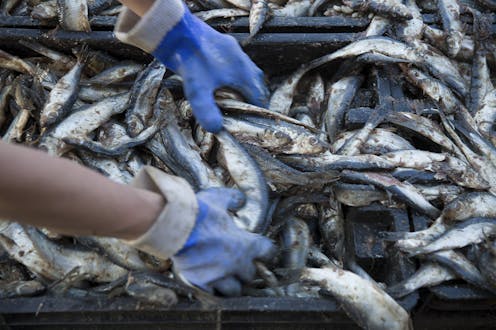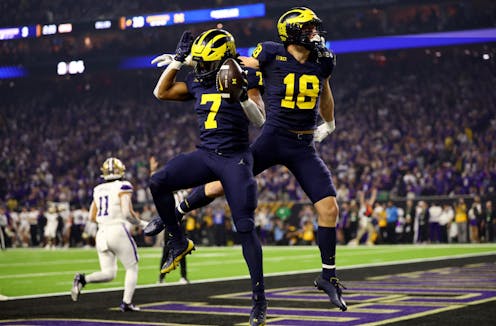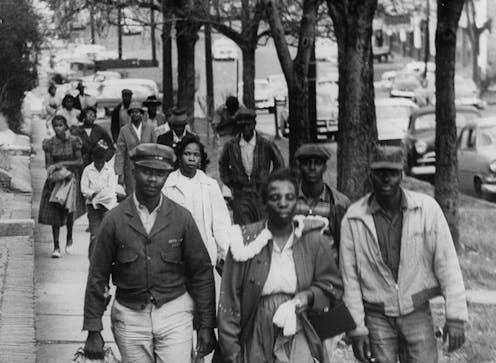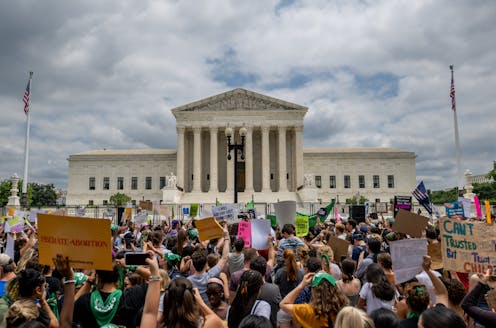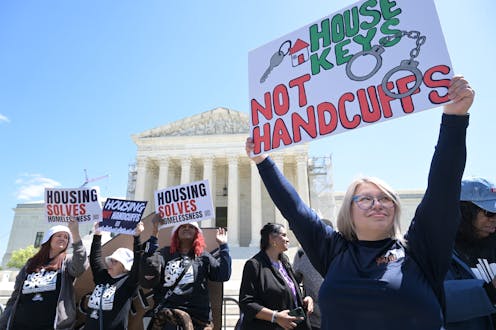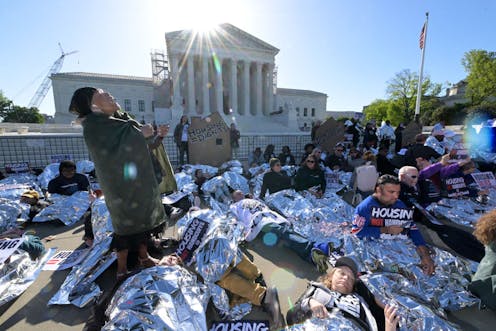How was popcorn discovered? An archaeologist on its likely appeal for people in the Americas millennia ago
- Written by Sean Rafferty, Professor of Anthropology, University at Albany, State University of New York
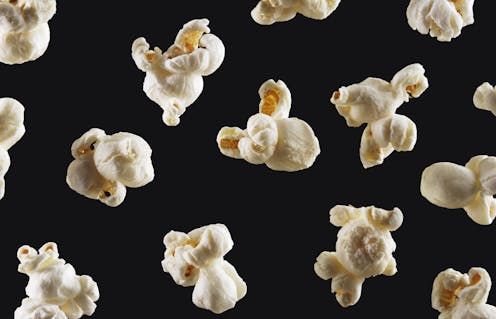 Could a spill by the cook fire have been popcorn's eureka moment?Paul Taylor/Stone via Getty Images
Could a spill by the cook fire have been popcorn's eureka moment?Paul Taylor/Stone via Getty Images
Curious Kids is a series for children of all ages. If you have a question you’d like an expert to answer, send it to curiouskidsus@theconversation.com.
How was popcorn discovered? – Kendra, age 11, Penn Yan, New York
You have to wonder how...



